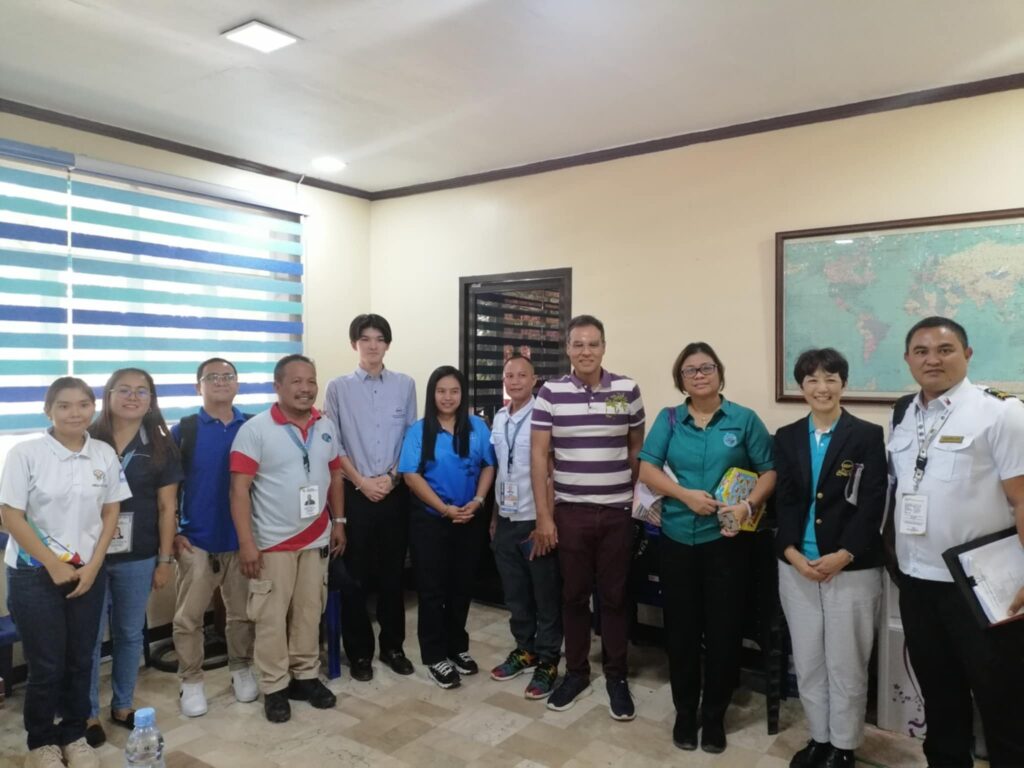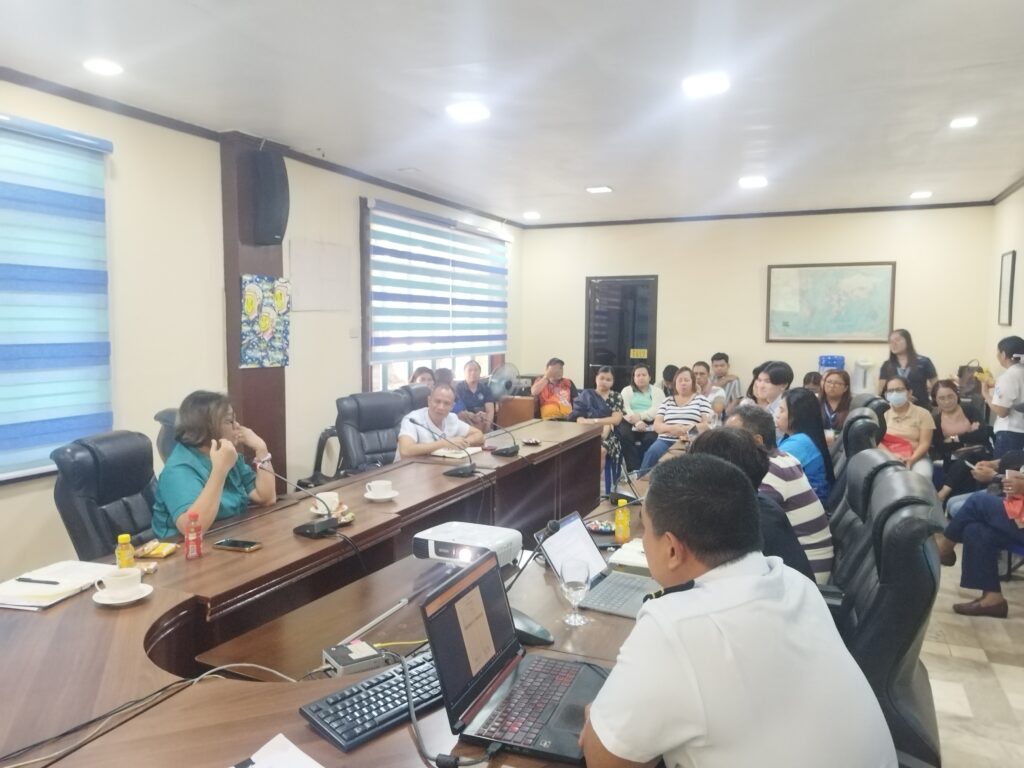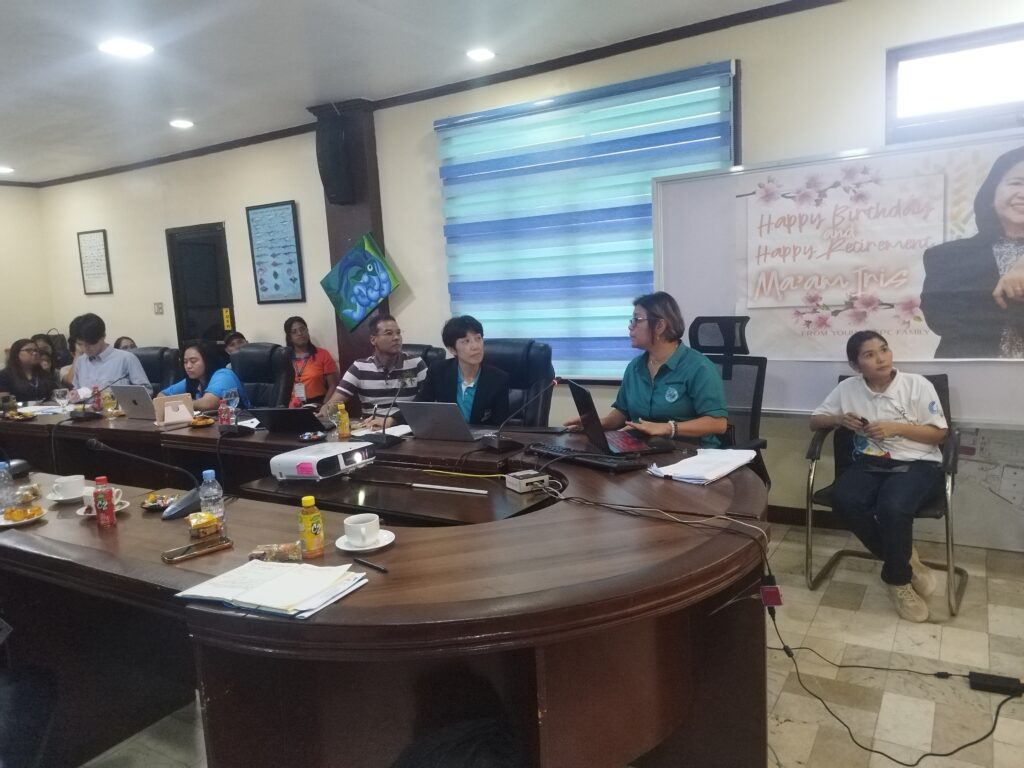A high-level consultation focused on enhancing tuna traceability to align with international market and export requirements was organized by the Southeast Asian Fisheries Development Center (SEAFDEC), Bureau of Fisheries and Aquatic Resources (BFAR-12), and Philippine Fisheries Development Authority (PFDA). The event gathered participants from various sectors to discuss traceability tools, catch validation, and industry challenges.
Mr. Kongpathai Saraphaivanich of SEAFDEC opened the session with a presentation on initiatives combating Illegal, Unreported, and Unregulated (IUU) fishing in Southeast Asia. He highlighted key programs such as SEAFDEC RAVR, eACDS, and MCS (Monitoring, Control, and Surveillance), emphasizing their importance in ensuring sustainable fisheries management.



